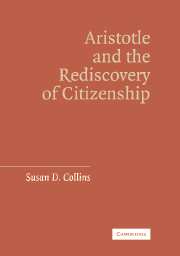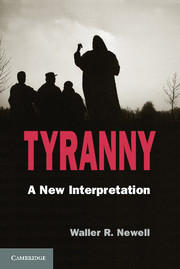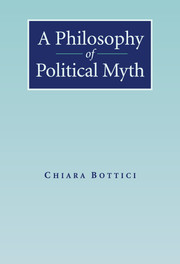Aristotle and the Rediscovery of Citizenship
Aristotle and the Rediscovery of Citizenship confronts a question that is central to Aristotle's political philosophy as well as to contemporary political theory: what is a citizen? Answers prove to be elusive, in part because late twentieth-century critiques of the Enlightenment called into doubt fundamental tenets that once guided us. Engaging the two major works of Aristotle's political philosophy, his Nicomachean Ethics and his Politics, Susan D. Collins poses questions that current discussions of liberal citizenship do not adequately address. Drawing a path from contemporary disputes to Aristotle, she examines in detail his complex presentations of moral virtue, civic education, and law; his view of the aims and limits of the political community; and his treatment of the connection between citizenship and the human good. Collins thereby shows how Aristotle continues to be an indispensable source of enlightenment, as he has been for political and religious traditions of the past.
- Comprehensive treatment of Aristotle on citizenship, bringing together his two major works of political philosophy
- Careful and in-depth analyses of contemporary thinkers on citizenship, including John Rawls, Richard Rorty, Michael Sandel and Peter Berkowitz
- Sheds light on two questions of Aristotle's thought and contemporary debate: the relation between justice and the good, and the nature of civic education
Reviews & endorsements
"Her opening chapter offers a thorough, fair, and well-argued description of recent debates among political theorists about the nature of liberal citizenship, in particular liberalism's (in)ability adequately to describe the relationship between the individual and the community and to delineate and defend a set of public liberal virtues distinct from a private realm of freely chosen values." Peter C. Meilaender, Houghton College
"Aristotle and the Rediscovery of Citizenship is a work of reflective scholarship and ought to be read by every student of democracy, especially by those who profess to have solved the problems associated with citizenship. Collins’s book is a careful and reflective dialogue with the leading participants in the great debate over democratic citizenship....Collins has done future generations a great service by showing how to read Aristotle and how relevant he is today in the ongoing debate over citizenship and the demands of justice."
Frederick Vaughan, University of Guelph, Perspectives on Politics
Product details
May 2006Hardback
9780521860468
206 pages
229 × 152 × 16 mm
0.43kg
Available
Table of Contents
- Introduction: the rediscovery of citizenship
- 1. Liberal citizenship and Aristotle's Ethics
- 2. Citizen virtue and the longing for the noble
- 3. Justice as virtue
- 4. Prudence, the good citizen, and the good life
- 5. Citizenship and the limits of law
- 6. Political wit and enlightenment
- Conclusion: Aristotle and the rediscovery of citizenship.




